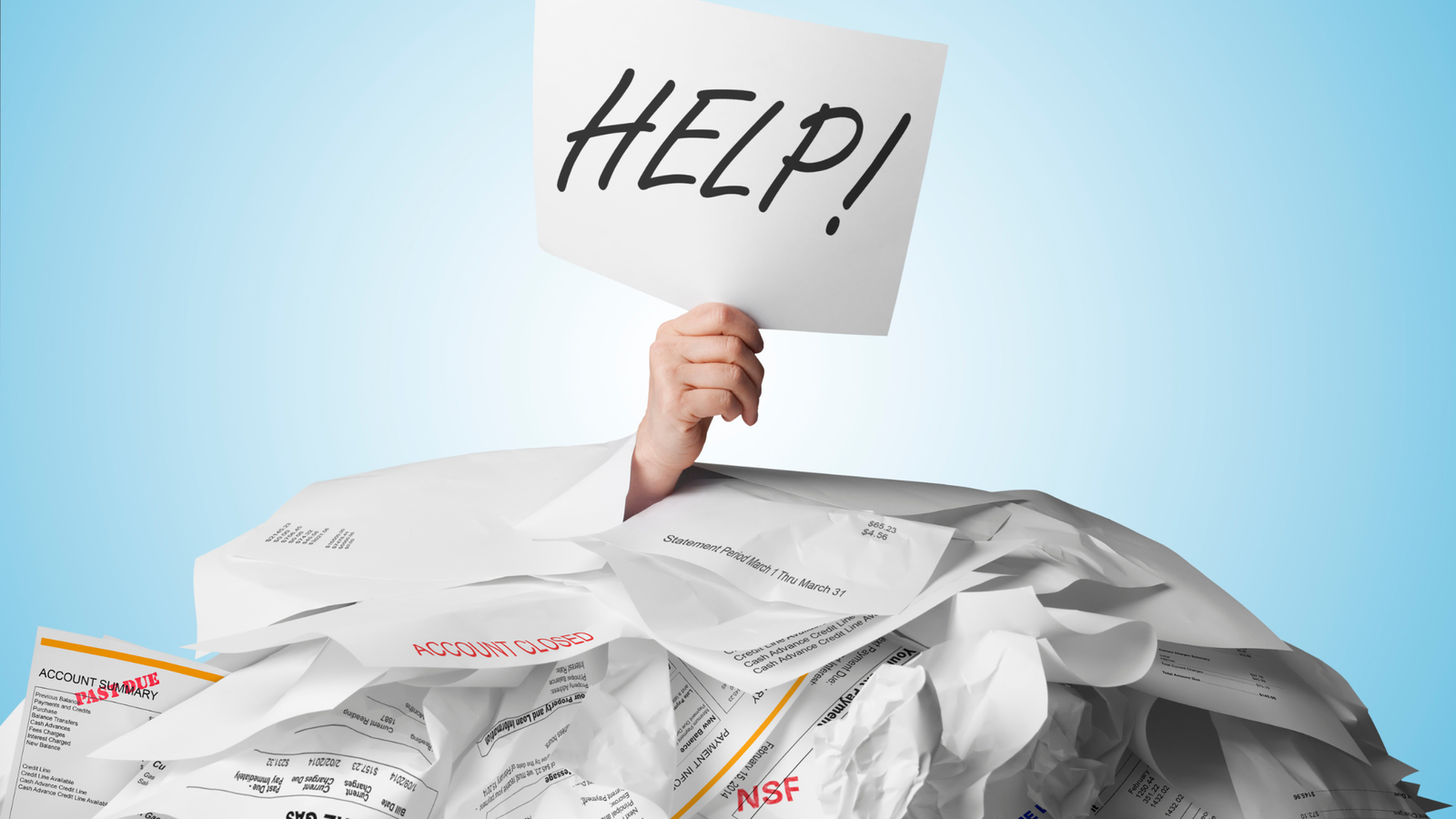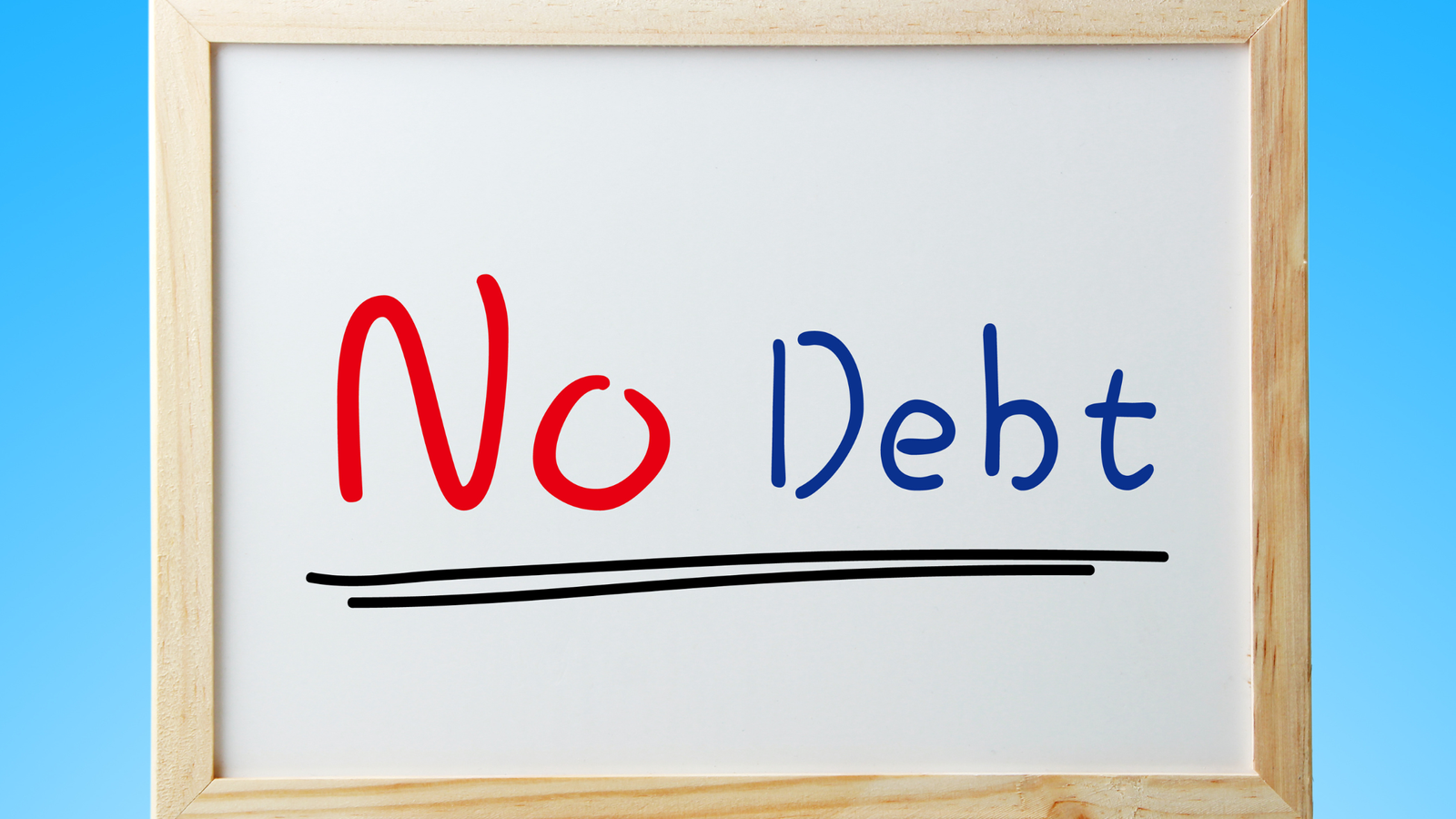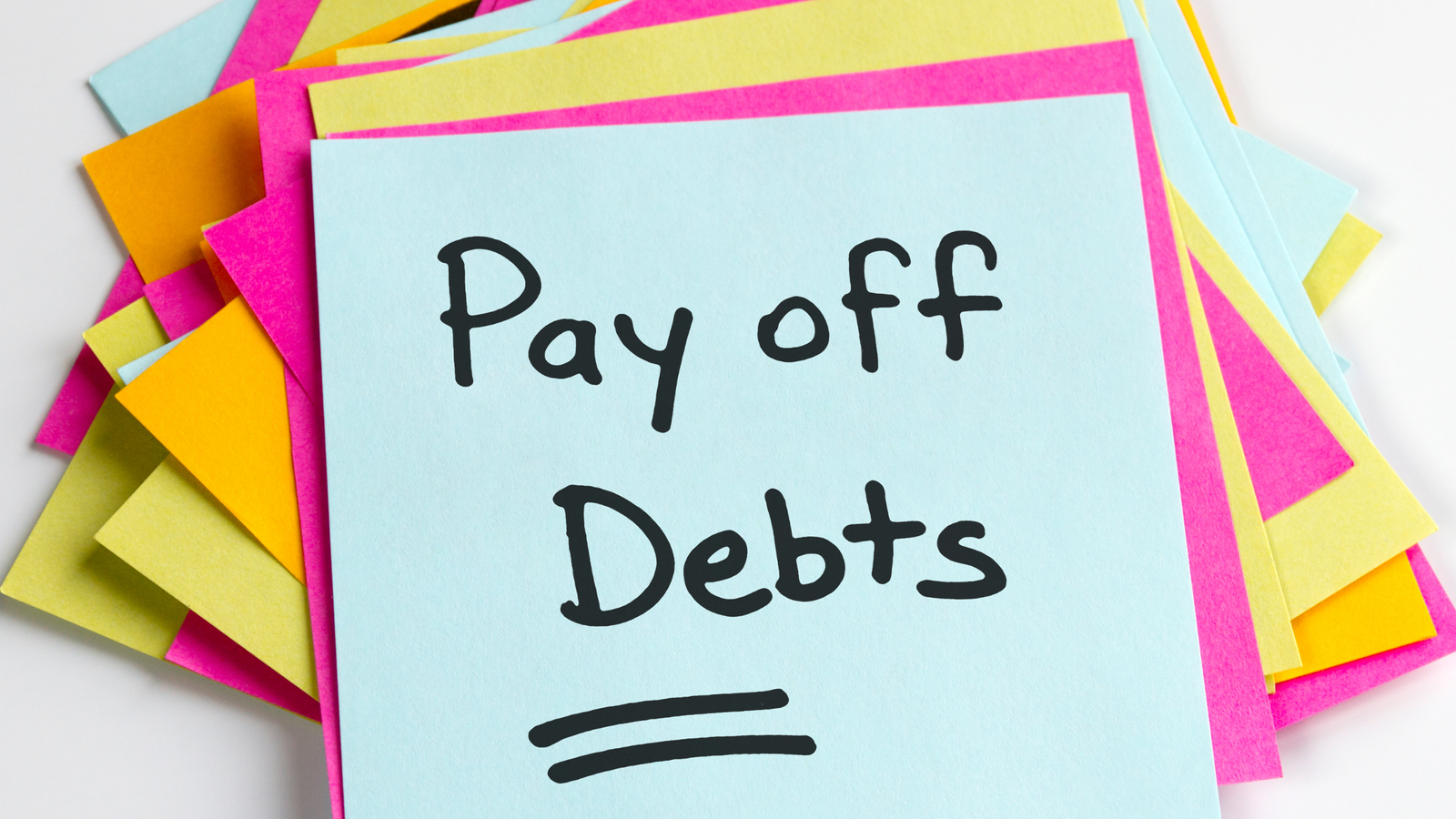You’re saddled with loans and need to pay them off fast. While this problem may seem niche, it’s pretty common these days to find yourself struggling with debt of all kinds: credit card bills, car payments, student loans, and even mortgages are all sources of debt for the average person. So, how do you take care of it?
Generally speaking, there are tons of ways you can reduce your debt or pay it off completely, but the two we’re focusing on here are debt relief and debt consolidation. Both methods help you pay off loans quickly, but each has pros and cons.
What is Debt Relief?
Debt relief is one of the many ways you can lower your debt with the help of a creditor or third party. Also called debt adjustment or debt relief, debt relief involves negotiating with your creditor to find a new, lower amount of debt that is easier to pay off. Debt settlement works only with certain kinds of debt, though. You can settle debts listed as eligible by the Federal Trade Commission and those that don’t have collateral tied to them.
How it Works
Debt relief relies on communication between you and your creditor. You’ll have to discuss a fast-tracked repayment plan and a new payment amount to settle your debt. Debt relief companies are experts when it comes to talking with creditors and navigating their legal jargon, so most people settle their debt with the help of a third-party company.
Benefits
If you’ve got a lot of debt and need to avoid collections, debt relief might be your best choice. The main pull of using debt relief methods is that the process greatly reduces your debt– sometimes by over 50%! Reducing your debt can also provide you with lots of opportunities to save money in the future, especially if you have a stable, well-paying job.
Drawbacks
The first main drawback of using debt relief is that it’s not immediate. If you’re working with a third-party relief company, you’ll have to stop paying bills for the debt you wish to settle and pay the third party instead. This could end up tanking your credit score in the process, especially if you’re settling large debts. You may also have to pay out-of-pocket for service fees to your debt relief company, which can also add up.
Another major drawback of settling your debts is how it affects your taxes. The savings account your settlement company opens to pay off your debts counts as taxable income, so you’ll have to pay taxes for it, which might cause some problems if you’re teetering on the edge of a tax bracket.
What is Debt Consolidation?
Debt consolidation, on the other hand, involves taking out one big loan to pay off all of your debts. Essentially, you’re adding up your total debt and taking out a single loan to cover it all.
How it Works
To get started consolidating your debt, you’ll need to add up your current debt amount, including interest. For example, if you have multiple credit cards, you’ll have to add those totals for consolidation. Then, you reach out to a creditor or bank for a consolidation loan. There are three types of debt consolidation loans:
- Traditional Debt Consolidation Loans:
-
- These loans are designed specifically for debt consolidation and are usually offered through debt consolidation companies or private institutions.
- Credit Consolidation
-
- Credit card consolidation is a process offered by credit card companies to their customers if they have multiple credit cards. Credit consolidation only works for cards associated with a specific credit card company, and you’ll usually have to pay a transfer fee for the company to link your balances.
- Home Equity Loans
-
- Home equity loans are large loans that use your home as collateral if you fail to make payments. These kinds of loans usually have significantly lower interest rates than other loans, but your house is on the line if you use one. Before taking out a home equity loan, always make sure you can make consistent payments over a long period.
Benefits
Debt consolidation is especially great for people with multiple debts with varying interest rates and minimum monthly payment amounts. For the sake of organization, consolidation is already an excellent option, especially if you end up with lower overall interest rates after consolidating.
Drawbacks
The process isn’t for everyone, though. Debt consolidation isn’t going to decrease the overall amount of debt you’re in; just make it easier to handle. You’ll also have to deal with some upfront costs, including processing fees, application fees, and the like, in order to even get started consolidating your debt. Finally, debt consolidation may mess with your interest rates. Depending on the interest rate of your consolidation loan, you may wind up with higher interest rates than your original debts.
Alternatively, if you were in the process of paying off several smaller debts, consolidating them into one large debt with a fixed interest rate may give you more time to pay off those debts, but your consolidation loan will also have more time to gain interest.
Choosing the Right Method for You
So, how do you know which repayment method to use or if they are right for you? Ultimately, your current financial situation is what will best determine how you should take on your debts. Settlements, for example, work well for people who have the time and money to build their settlement accounts without worrying about their credit scores. Consolidation, on the other hand, is great for people with a stable current financial situation– especially if they have the opportunity to make more money in the future.
You don’t have to choose just one or the other, either– use both methods to tackle your debt or neither. Regardless of your situation, we have the tools to help you unlock your inner financial genius: keep researching, and don’t give up!










